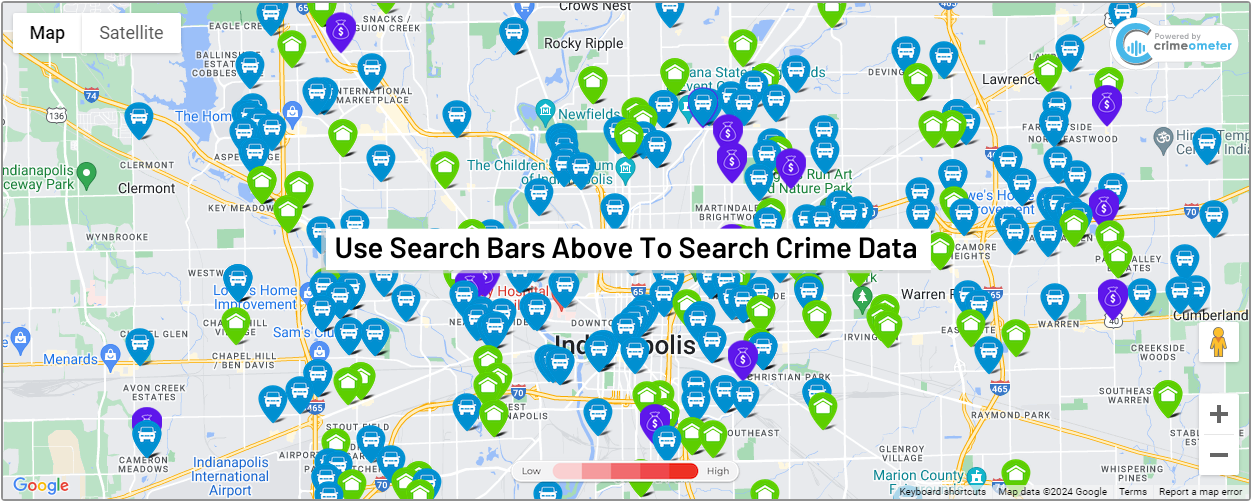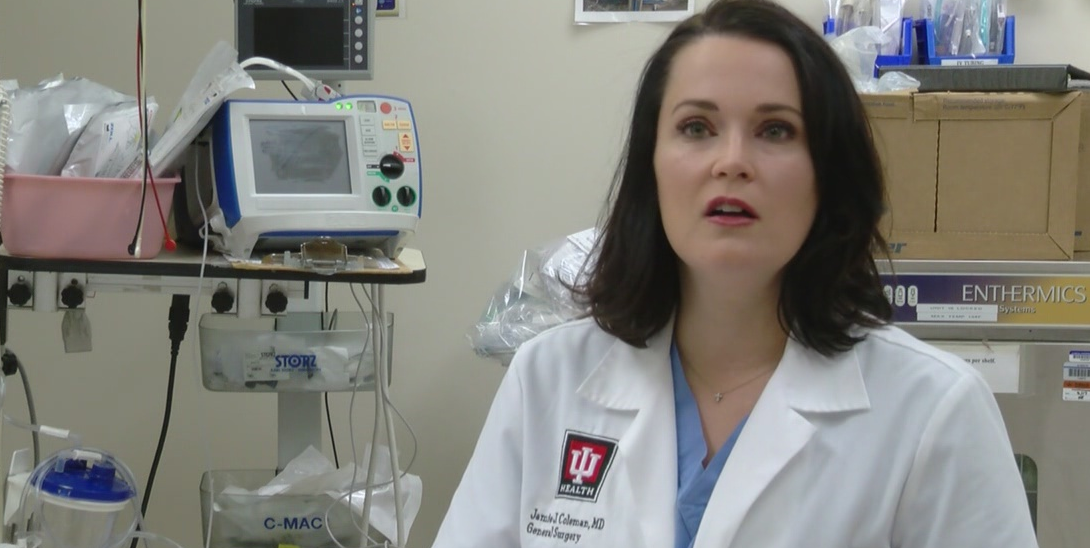IU Health trauma surgeon reflects on conference held in Ft. Lauderdale days after shooting
INDIANAPOLIS (WISH) — Back from one of the largest conferences for trauma surgeons, an IU Health trauma surgeon is sharing what she learned about preventing gun violence at the conference.
Dr. Jamie Coleman attended the Eastern Association for the Surgery of Trauma in Hollywood, Florida, just a few days after the shooting at the Ft. Lauderdale airport.
“It was with such irony that about three days before this meeting, it’s the largest of trauma surgeons in this country, three days before, there’s another mass shooting and it’s that realization where it hits you. Where as before, you could name them: Aurora, Sandy Hook; it’s now getting to the point that it’s so many that we’re going to end up naming every city in this county at some point,” she said.
Dr. Coleman said the surgeons at the conference discussed caring for the patients in the mass shooting in Orlando and they screened a documentary about Newtown where she led a discussion about the ripple effect the shooting had on the community.
She said the same ripple effect happens in Indianapolis. For example, according to the Indianapolis Metropolitan Police Department, there have been five criminal homicides in 2017, but she said there have been many more victims.
“We quote numbers, we quote statistics for how many victims of gun violence this year, and we focus on that or we focus on these specific events but it’s really not even half of the story,” Coleman said. “When you actually look at the number of people who are affected by gun violence and I considered them victims, when I have to tell a wife that her husband has died when I tell a loved one, no matter the relationship, they are now a victim of gun violence as well.”
“So the numbers that we quote, the numbers that we use are not accurate, because I can guarantee you, no matter your race, no matter your socioeconomic status, almost everybody in this day and age is a victim of gun violence,” she said.
Coleman said probably 90 percent of her job is preventable.
“We talk about cancer, we throw money at cancer, we throw money at a whole host of diseases that aren’t preventable to learn the genetic makeup to learn these things, and we’re not putting the money, and the media’s not focusing on injury prevention, which is where all of our attention needs to be,” Coleman said.
She said one of the things we can do right now as a community to prevent gun violence is to increase gun education.
“I think we can all agree, whether you want to have ten guns in your house or none, it is unacceptable to have children in a home having zero education about guns other than what they see on TV but real education about guns. This is something I think we can tackle, that as a community, we can get behind. But we have to take our differences aside and keep your eye on the prize. What’s the goal? The goal is to end gun violence.”
But she said more than anything, people just need to start talking and listening to each other about what can be done to prevent gun violence.
“I think it our nation right now we’re so polarized with one or the other and we’ve stopped listening and we have to find that common ground. You’re not going to find a million Americans to agree on who should own a gun, per say, but I think you can find a million Americans who agree they don’t want to find another child shot.”
Never miss another Facebook post from WISH-TV


